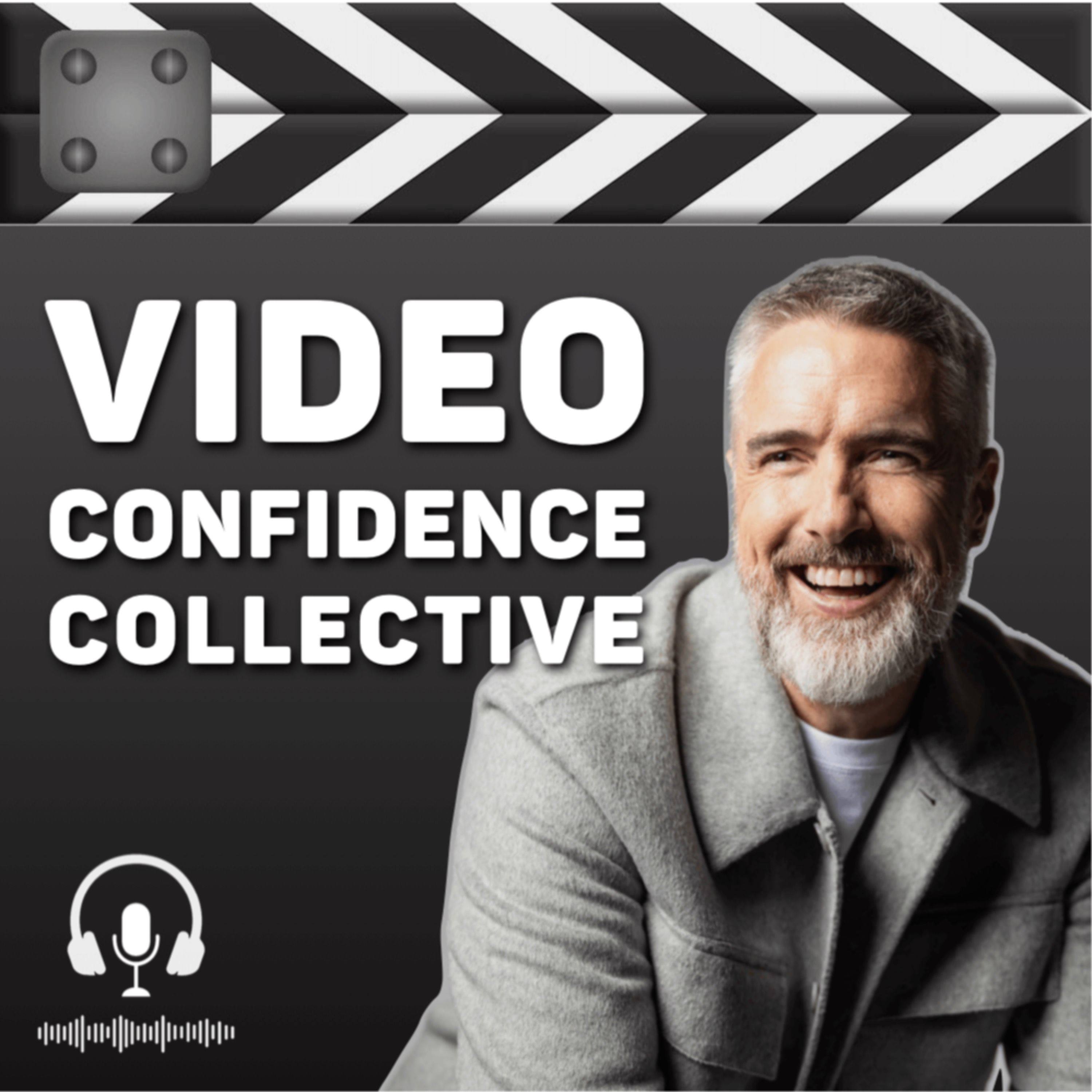Quick Guide to Programming Your Atem Mini Switcher's Startup State
Feb 12, 2025If you’re upgrading or replacing your ATEM Mini switcher due to a problem, you’ll need to configure it correctly so that your desktop video studio boots up with the right settings every time. This guide ensures that when you power on, your camera, audio, and picture-in-picture settings load exactly as needed.
Step 1: Connect the ATEM Mini to Your Computer
- Use a USB-C cable to connect the ATEM Mini to your computer.
- Download and install the Blackmagic ATEM Mini software if you haven’t already.
- Open the software and skip the registration page (it’s not required).
Step 2: Set the Default Camera Input
By default, the ATEM Mini selects Camera 1 as the main input. To change this:
- You need to change this to Camera 2, as this is where your A-camera (front camera) should be plugged in.
- This ensures that every time you start your setup, your front camera is correctly selected instead of the default Camera 1.
Step 3: Adjust Picture-in-Picture (PIP) Settings
- Go to Upstream Key 1 > DVE in the software.
- Change the Fill Source from Camera 1 to Camera 2.
-
This ensures that when you connect a laptop, iPad, or iPhone to Channel 1, your picture-in-picture (PIP) preview appears correctly.
Step 4: Enable ISO Recording (If Required)
- If your device supports ISO recording and you want to record all inputs, you’ll need to enable this setting:
- Go to Output > ISO Record All Inputs and ensure it is selected.
Step 5: Enable Audio on Camera 2
- Make sure the ON button for audio on Channel 2 is selected.
- This ensures your microphone is ready to go whenever you start a meeting or record a video.
Step 6: Save Your Startup State
Once all settings are in place:
- Go to File > Save Startup State in the ATEM software.
- Power down your desktop video studio and turn it back on.
- The settings will now load automatically every time your ATEM Mini starts up.
By following these steps, your ATEM Mini will always boot up with the correct settings, saving you time and avoiding unnecessary adjustments before each recording.
You can review other related videos through the links below:
- Troubleshooting Background Lighting Issues
- How to Connect Your DIY Desktop Studio on your PC
- Best Practices for Recording a Video

